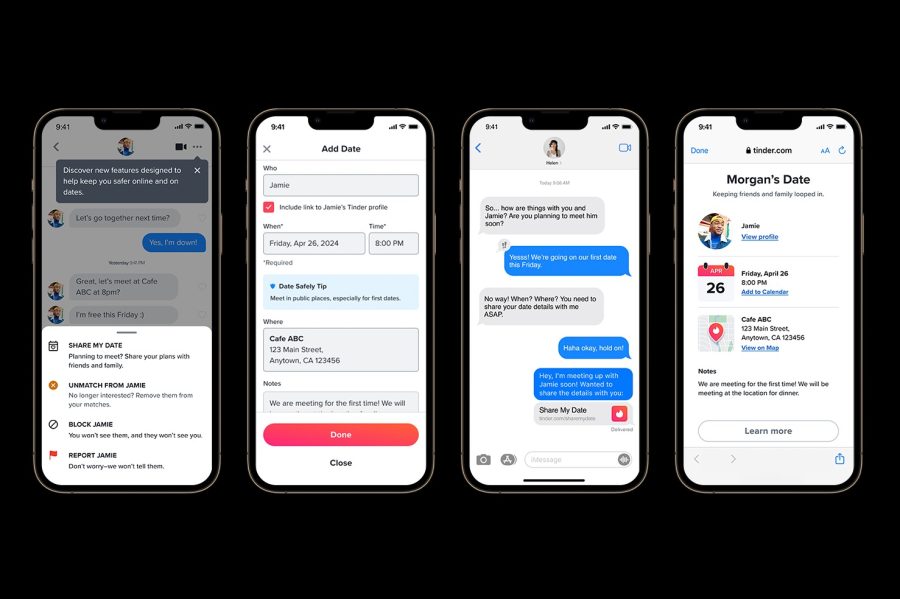Do you know what your car has to say about you and your driving style? Do you know who it talks to behind your back?
According to a recent study conducted by German motorists organization ADAC for European motoring lobby group FIA, recent models of major car brands tend to be quite chatty about what happens during rides. And they shamelessly whisper what they know to the manufacturer via the Internet.
See also: Self-driving? You’re gonna need a bigger data plan
Among many other things, the study found cars track and report how often the seat belts tighten due to sudden braking, and how often the engine is driven to high revolutions, which in combination with other data will speak volumes about your driving style.
One model, a BMW 320d, was found to report back how often the driver plays CDs or MP3s. Your GPS position? Sure, someone out there knows where you have been Saturday night. And the last time you connected your phone via Bluetooth they also received a fresh copy of your contact list.
Why do we want data from connected cars?
There are several good reasons to collect data from connected cars. It can help to prevent or diagnose faults, plan maintenance, or get drivers help faster. Car developers can get a better, data-based understanding of customer needs. But there are of course many open questions, including those about privacy, and what overall ethical standards and forms of consumer protection need to be established to prevent abuse.
The FIA wants car makers to publish an easily understandable list for each model of all the data collected, processed, stored and transmitted externally, and requests that consumers can opt-out of the collection of certain data.
In fact, the gossipy connected cars are just one example for data tracking devices. The Internet of Things has become a reality, and we are permanently surrounded by connected devices of all kinds: Smartphones, smartwatches and TVs, fitness trackers and other wearables, internet modems, set top boxes, w-lan routers, internet-enabled entertainment systems, game consoles, e-book readers, and many, many more. I’m the proud owner of a connected washer and dryer, for example.
All these “things” basically have mini-computers built in, running an operating system (in most cases, that is some form of Linux), and a stack of application software on top of it. Pretty much all of this software keeps a log of what’s going on: events, transactions, errors, usage statistics, performance metrics, network traffic, security issues, and much more. Think of it like a ship’s logbook or the flight data recorder of a plane.
This log data allows for both efficient troubleshooting and gathering business intelligence. It is like a pot of gold when it comes to tracing down the root cause of a software defect, but even more so when it comes to gathering information about users and usage. Log data tells your TV manufacturer what channels you’re watching, log data tells Google what websites you visit, and your electricity provider gets log data from the smart meter installed in your house.
The concept of software log data in devices
The basic concept of software log data is really simple and has been around since the very early days of computing: when certain things happen while the program’s code is being executed, it writes a message to a simple text file, commonly known as a log file. Alternatively, these messages can be sent over the Internet. In fact, log data is the only real common denominator between all these different systems and devices.
Most consumers probably don’t know what log data is or that they are surrounded by an army of software systems that act as tireless minute takers. To many, this might seem like an Orwellian nightmare.
But it can’t be denied that there is tremendous value in log data, and troubleshooting would be impossible without it. Computerized systems enter almost every area of our day-to-day lives, and even take over tasks that were previously only completed by humans, like driving cars. This raises the question of how these systems are being “held responsible” for their actions, and how transparency can be provided with regard to how they function, and (in case of accidents) if and why they malfunctioned.
The log data of these systems might well be the most important asset to gain this understanding. When Tesla makes statements about if their autopilot feature can or cannot be blamed for recent accidents (one of which killed the driver), then it is after their engineers analyzed the log data from the respective cars.
It is unclear and, in most countries, not yet regulated what event data may be logged, who can access this data, and how authorities, investigators, and the general public can be enabled to also make sense of it, or even how transparency can be provided on what is being logged.
It is fair to say that modern software, the Internet, and IoT all couldn’t and wouldn’t exist without log data. It is such a basic, ubiquitous technology that the question is not if we are going to use it (we already do), but how we are going to use it in a socially and politically responsible way.
The author is senior director of product marketing at Loggly.










